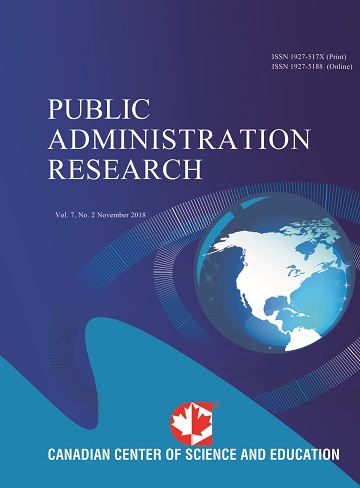Why Hackers Become Crackers – An Analysis of Conflicts Faced by Hackers
- Boyu Guo
Abstract
Hacker culture is generally regarded as a subculture, and the public has a high degree of misunderstanding towards hackers. The media reports sometimes depict hackers overly negatively, possibly because hackers could gain a dominant position in the age of information and, therefore, threaten the existing balance of social power distribution. Moreover, those reports, whether intentionally or not, misunderstand the meaning of “hackers”: “Hackers” are people who want to identify and solve problems directly and effectively, but “crackers” are those who cause problems for society.
However, it is not merely a problem of media’s misnomer. This research shows that apart from the media distortion of hacker identity, even the hackers with positive intentions still have real potential to become crackers. Therefore, the aim of this paper is to understand why the transition from “hackers” to “crackers” takes place by identifying crucial factors that influence hackers’ behaviors. Specifically, the inherent conflicts between cyberspace and the real world can turn hackers into crackers. Through the research, two major conflicts are identified: the conflict between freedom and responsibility and the conflict between individuality and authority. To support the arguments, the history of hacker culture and specific cases of hacking events are studied and discussed. The research also brings a crucial issue: how do we co-exist with information technology in a society that is increasingly computerized and digitalized? To face this problem, we need to comprehensively understand situations faced by human civilization in the information era. Hacker culture is, therefore, a practical perspective of studying social transformations in the development of technology.- Full Text:
 PDF
PDF
- DOI:10.5539/par.v5n1p29
Journal Metrics
h-index (2017): 7
i10-index (2017): 6
h5-index (2017): 7
h5-median (2017): 13
Index
- COPAC
- CrossRef
- DTU Library
- EBSCOhost
- EuroPub Database
- Excellence in Research for Australia (ERA)
- Genamics JournalSeek
- Ghent University Library
- Google Scholar
- Harvard Library
- Infotrieve
- Jisc Library Hub Discover
- LOCKSS
- Mir@bel
- Norwegian Centre for Research Data (NSD)
- Open J-Gate
- PKP Open Archives Harvester
- Publons
- ROAD
- Scilit
- SHERPA/RoMEO
- Stanford Libraries
- Ulrich's
- UniCat
- Universe Digital Library
- UoS Library
- WorldCat
Contact
- Gabriel TaiEditorial Assistant
- par@ccsenet.org
